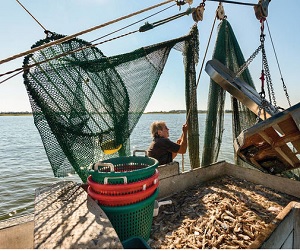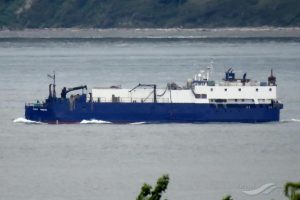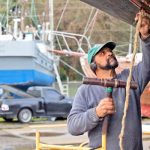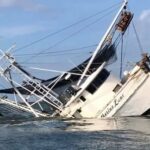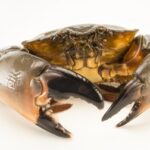Daily Archives: March 9, 2020

House passes shark fin ban with carveout for domestic fishermen by Rep. Toby Overdorf amendment
The House passed the Senate version of a bill (SB 680), which outlaws the import and export of fins to or from Florida. Rep. Toby Overdorf offered an amendment essentially gutting the bill,, The amendment permits the “sale of shark fins by any commercial fisherman who harvested sharks from a vessel holding a valid federal shark fishing permit on January 1, 2020. The export and sale of shark fins by any wholesale dealer holding a valid federal Atlantic shark dealer permit on January 1, 2020.” more, >click to read< 16:24
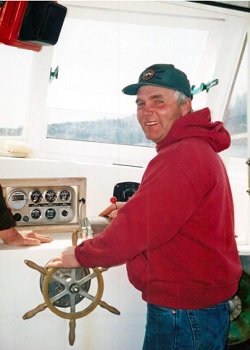
Arnold “Arnie” Gamage Jr, has passed away, was a founding member of the South Bristol Fisherman’s Co-op
Arnold “Arnie” Gamage Jr., 67, of South Bristol, passed away unexpectedly on the afternoon of March 4, 2020 in Rockport. Born in Damariscotta on Dec. 31, 1952, he was the son of Arnold Sr. and Gloria (Chipman) Gamage. Arnie grew up in South Bristol, attending local schools and graduating from Lincoln Academy. He began lobstering at the age of 10, following in his father’s footsteps, and creating a family tradition that continues to be carried on today. Arnie was also very involved in Maine’s lobstering industry, and was one of the founding members of the South Bristol Fisherman’s Co-op, serving on their board for many years. He was also a longstanding board member of the Maine Lobstermen’s Association, more, >click to read< 14:20
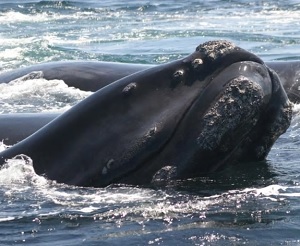
Maine lobstermen tell federal regulators: We’re not killing the whales
The Maine Lobstering Union accuses the agency of caving to environmental organizations when it should be defending the industry. Kristan Porter, a Cutler lobsterman who heads up the Maine Lobstermen’s Association, said the modeling tool the agency had come up with to determine risk had been sharply criticized by a team of independent scientists during a peer review conducted late last year. Stonington lobsterman Julie Eaton urged regulators to stop playing dangerous games with fishermen’s lives and livelihoods. We don’t want to see any animal go extinct, but blaming us for the right whale’s decline is like blaming Mexico for the plight of the polar bear, she said. >click to read< 09:47
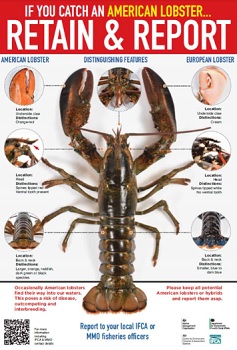
Retain and report American lobsters
American lobsters have been imported to the UK since the late 1950s for consumption in restaurants and homes. In 2015, 1744 tonnes were imported, worth £15.75 million. American lobsters tend to grow to larger sizes than European lobster, have a larger dietary range, are more tolerant of different habitats, are more aggressive and produce more eggs than European lobsters. This means they are at a competitive advantage over the native species. American lobsters might also carry the bacterial disease, Gaffkaemia, or Epizootic Shell Disease. Transferring these diseases to native stocks could result in major economic losses to the fishing industry. more, >click to read< 08:25






